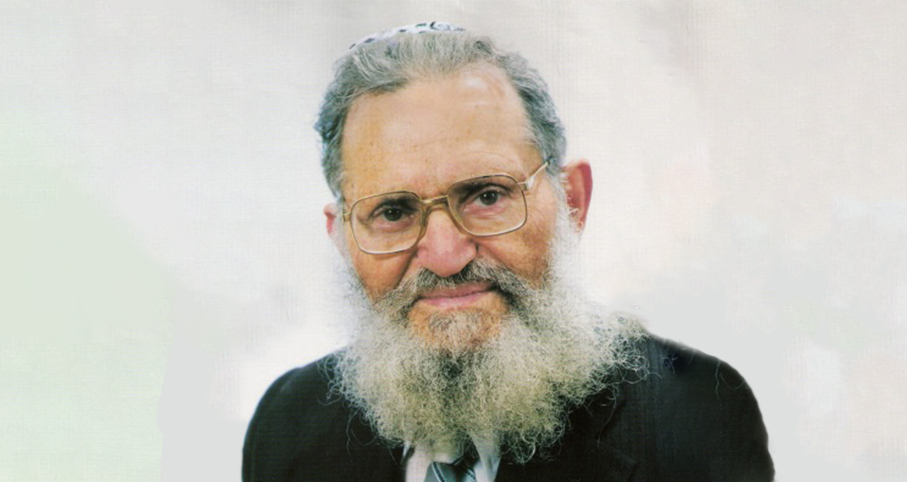- Sections
- Ein Ayah
The Torah study is dedicatedin the memory of
Jacob ben Bechora
26
One who prays should wait one hour [not clear if it is literally an hour or some period of time] after his tefilla (prayer), as the pasuk says: "However, the righteous will praise Your name, the upright will sit before Your face" (Tehillim 140:14).
Ein Ayah:
The impact of prayer should extend not just during the period that the prayer is being said. Rather, the spiritual elevation and sanctity of the experience should sanctify the person’s normal activities, so that they should be focused on the goal of truth and righteousness, in line with the pasuk: "In all of your paths, know Him" (Mishlei 3:6). That is the function of the time after prayer: to connect one’s lofty thoughts and emotions during prayer to his whole physical life. The ability to accomplish this connection earns one the title of one who is upright, as he does not leave activities in the physical world but expands them and glorifies them by connecting them to true success. The patriarchs were able to do this and for this reason their ostensibly mundane activities are recorded in the Torah. They were called upright (Avoda Zara 25b), as they were happy with whatever Hashem bestowed upon them, as the pasuk says: "For those with a straight heart there will be happiness" (Tehillim 97:11).
The purity of a person who is able to integrate spiritual experiences into his mundane life allows one to improve himself from every experience. He is able to add on to the proper inhabitation of the world while still bringing himself true spiritual success because his activities are connected to lofty thoughts and emotions. While a righteous person enjoys righteousness, he should have the righteousness spread out into those areas that seem distant. That is what is referred to by the pasuk that "the upright will sit before Your face." When you take that approach into the marketplaces, you show that Hashem is upright. Praise of Hashem comes from a glorious world of charm and beauty and refines the spirit of mankind, thereby bringing about true spiritual completeness.

Spiritual Dangers and Saving Graces
Various Rabbis | 5773

Guide- Not Deride
Ein Aya Shabbat 5, 15
Rabbi Ari Shvat | Shvat 5783

influencing Our Families, Cities & the World
Ein Aya Shabbat 5,14
Rabbi Ari Shvat | Shvat 5783

The National Inheritance of Good Traits
Various Rabbis | 5770

Rabbi Avraham Yitzchak Hacohen Kook

Applying Prayer to Daily Life
(condensed from Ein Ayah, Berachot 5:87)
5771

The Special Status of Israel as “Firstborn”
(condensed from Ein Ayah, Berachot 5:84)
5771

The Importance of Wisdom in Mundane Matters
(condensed from Ein Ayah, Berachot 5:92)
5771

The Effect of Waiting Before Praying
(condensed from Ein Ayah, Berachot 5:86)
5771

The Blessing for Rain for those travelling to the Land of Israel
Rabbi Yirmiyohu Kaganoff | 5771

The Crowns of Jerusalem
Rabbi Zalman Baruch Melamed | Iyar 5763

Why Do Children Start With Vayikra?
Rabbi Shaul Yisraeli zt"l | 5771

Tzeniut in the light of the Maharal
Adapted from Netivot Olam
Rabbi Eliezer Ben-Porat | 5771

P'ninat Mishpat: Rental of an Apartment that Was Not Quite Ready – part II
based on ruling 82031 of the Eretz Hemdah-Gazit Rabbinical Courts
Beit Din Eretz Hemda - Gazit | Iyar 5784

The Yom HaZIKARON SIREN- EVERY ARROW NEEDS A HEAD!
Rabbi Ari Shvat | Iyar 5785

Daf Yomi Makkot Daf 21
R' Eli Stefansky | 1 Iyar 5785








